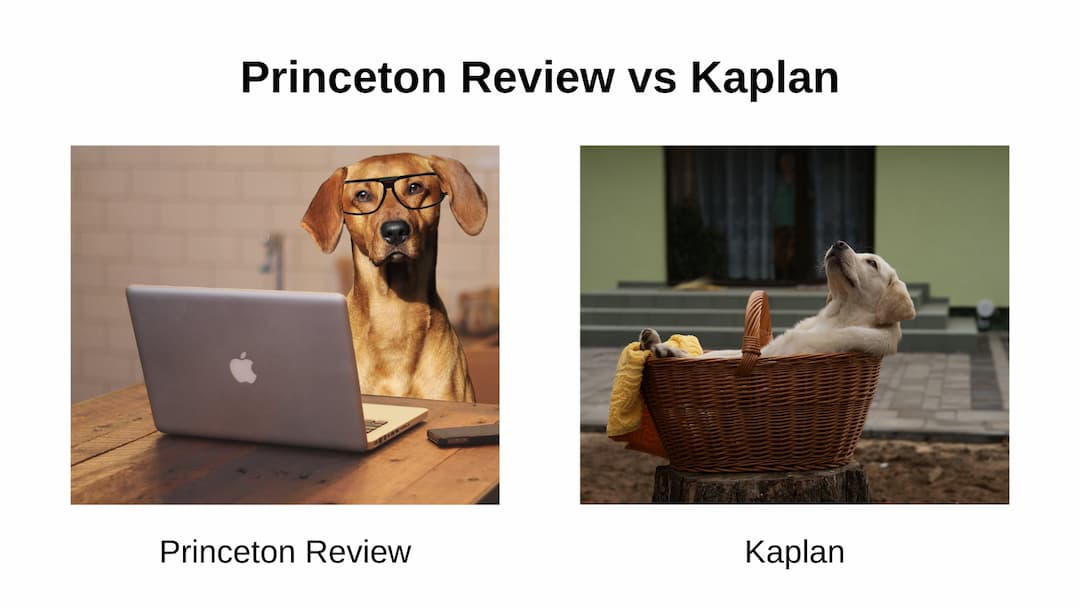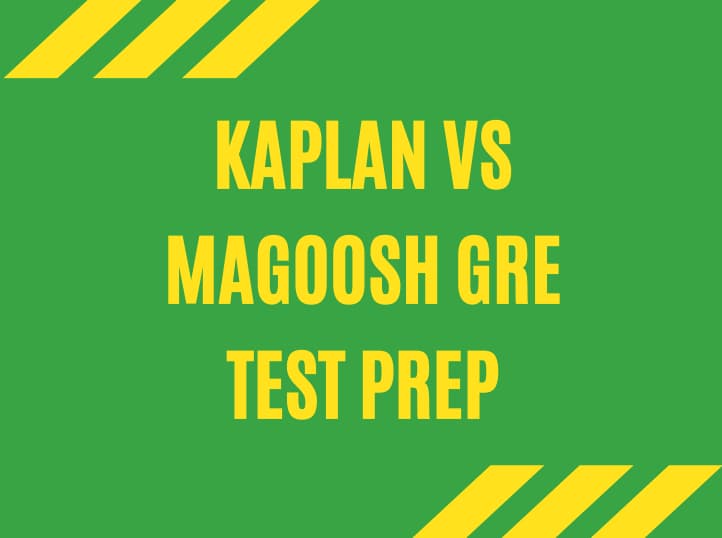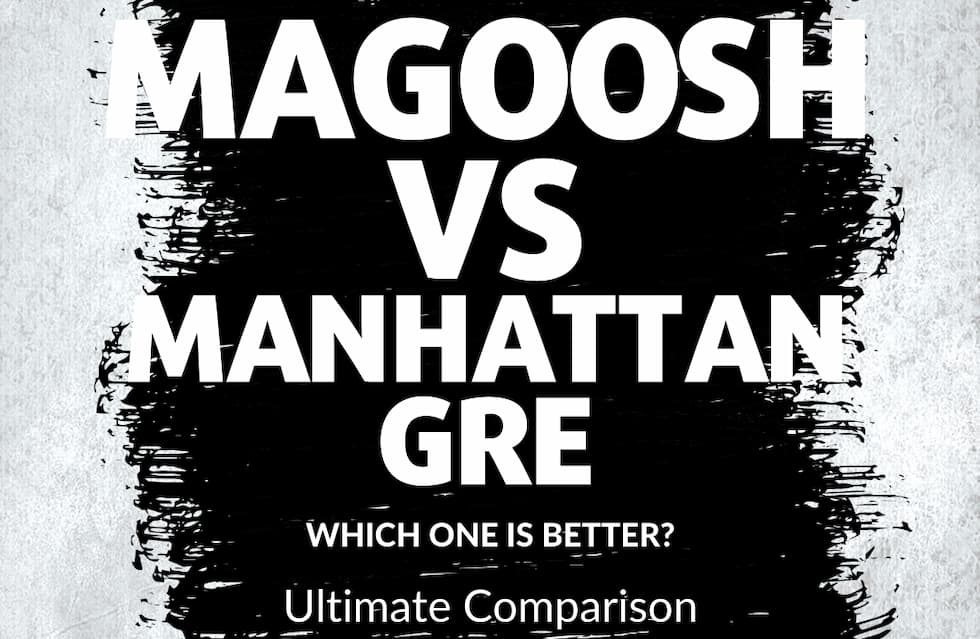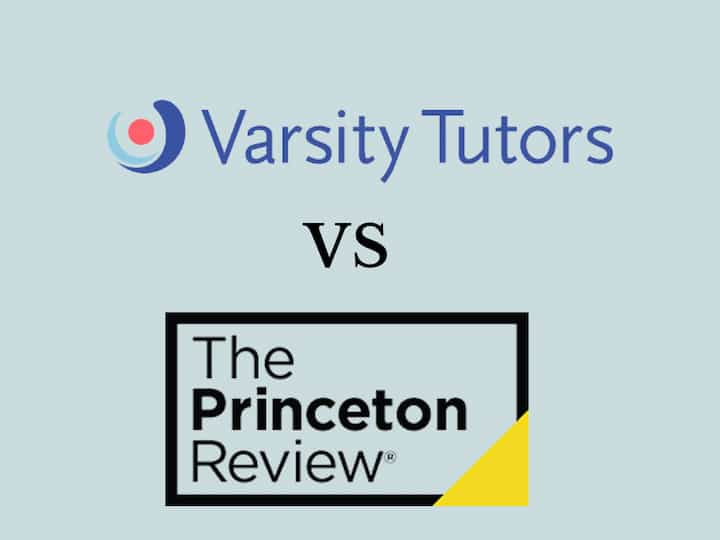Preparing for the GRE is essential if you want to achieve amazing scores for your admission application. Kaplan and Princeton are two of the most trusted companies by students looking for GRE preparation services.
Choosing between Kaplan and Princeton Review GRE can be a challenge since both are great for providing education services. The same hard task is to choose between Kaplan vs Magoosh GRE because all of these companies are outstanding options.
Below is a quick guide about Princeton Review vs Kaplan to help you compare these two and help make the right choice.
GMAT preparation requires strategic planning and access to quality resources. VarsityTutors GMAT reviews might provide insights on their course quality, tutor expertise, and learning strategies.
GRE – Kaplan vs Princeton Review
According to the text, when it comes to the pricing of the GRE prep courses, the Self-Paced Package of Princeton Review is cheaper than Kaplan. Princeton Review charges $499 for the Self-Paced Package, while Kaplan charges $699.
However, when it comes to the Live Online test prep, Kaplan is cheaper than Princeton Review. Kaplan charges $999, while Princeton Review charges $1199, although Princeton offers lots of discounts, for prices as low as $899.
Additionally, Kaplan offers two options for books: the GRE Prep, which costs $16, and the GRE Prep Plus, which costs $28, while Princeton Review offers more than 20 books to choose from, with prices ranging from $10-40.
GRE preparation demands a comprehensive and effective approach. Reading through VarsityTutors GRE reviews can offer insights into the platform’s study materials, teaching methods, and student feedback.
For students who learn better from physical resources, you’ll find Kaplan or Princeton Review GRE books helpful in your test prep.
When choosing a prep course for your law school admission test, an LSATmax vs Kaplan comparison can give you insights into their course structure, materials, and student experiences.
| Feature | Kaplan | Princeton Review |
| Price | Self-Paced Test prep – $699
Live Online Test prep – $999 |
Self-Paced Test prep – $499
Live Online Test prep – as low as $899 |
| Books | 2 Books (GRE Prep and GRE Prep Plus) | More than 20 books to choose from |
| Practice Questions | 5000+ practice questions, Quiz Bank | 3500 practice questions |
| Flashcards | Mobile Flashcards | Online Access Flashcards |
| Course Formats | Self-Paced, Live Online, Tutoring, and In-Person. | Self-Paced, Live Online, Private Tutoring. |
| Video Lectures | One-on-one Lecture Style | One-on-one Lecture Style |
| Retake Options | Full refund available for unsatisfied clients, Full Course Retake. | Full refund available for unsatisfied clients, Refresher courses available. |
Our Conclusion
In conclusion, Kaplan and Princeton Review are both well-established options when it comes to GRE prep courses. Both offer similar features such as self-paced and live online courses, as well as similar retake options.
However, when it comes to pricing, Princeton Review’s self-paced package is more affordable than Kaplan’s self-paced package. Kaplan’s live online test prep is more affordable than Princeton Review’s, although Princeton Review offers various discounts.
Kaplan offers more practice questions, while Princeton Review offers more books to choose from. Kaplan offers mobile flashcards and Princeton Review offers online access flashcards.
If you’re preparing for your MCAT, comparing Kaplan vs Blueprint MCAT might offer insights into their prep materials, teaching approach, and student satisfaction.








